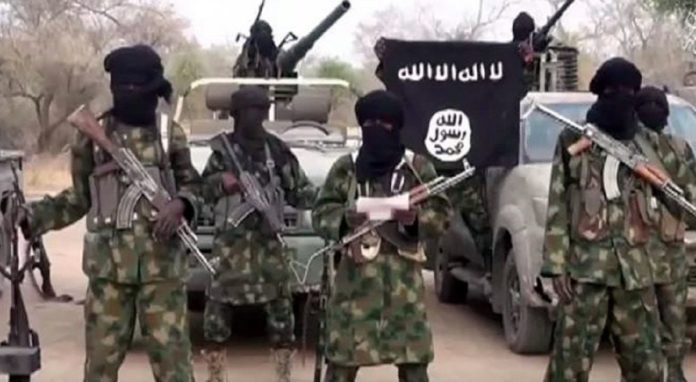By: Daure David
The Governor of Borno State, [Governor’s Name], has sounded an urgent alarm over the resurgence of Boko Haram in the region, warning that the terrorist group is regaining control of territories in key Local Government Areas (LGAs) including Damboa, Gwoza, and Gamboru Ngala. Recent reports confirm the group has launched multiple attacks, overrunning military bases and villages in the state.
According to security sources, Boko Haram militants have targeted several military positions in recent months, seizing control of military bases in Wajiroko, Sabon Gari, Wulgo, and Izge villages, all within Borno. These assaults, which have killed both military personnel and civilians, are a disturbing reminder of the group’s ongoing threat to the region.
Boko Haram, which was once capable of controlling large swathes of northern Nigeria, has significantly weakened in recent years due to coordinated military operations. However, experts and local leaders have noted that the group remains an active and formidable threat. The recent uptick in attacks suggests that Boko Haram may be regrouping and attempting to rebuild its strength in the face of regional military pressure.
Governor Zulum emphasized the severity of the situation, urging federal authorities to avoid complacency. “There was a time when Boko Haram controlled 17 local government areas, killed thousands annually, and spread terror across Nigeria. If we ignore these warning signs, we risk reliving those dark days,” he stated.
Borno State, at the epicenter of the Boko Haram insurgency, has suffered deeply over the years. The resurgence of the group poses a grave threat to the progress made in stabilizing the region and improving security. The Governor called for an immediate overhaul of Nigeria’s security architecture in the North-East, emphasizing the need for enhanced intelligence, better coordination between military forces, and the establishment of stronger local partnerships to tackle the insurgency at its roots.
The Borno State government is also urging the Nigerian government to provide additional resources to bolster security in the region and ensure the safety of civilians, who remain highly vulnerable to the group’s violent actions.
Experts have raised concerns about the growing audacity of Boko Haram militants, noting that their recent strikes on military outposts indicate increased capabilities and confidence. It is feared that unless decisive action is taken, the insurgency could spread further, destabilizing not just Borno, but other parts of the North-East. Meanwhile, some analysts said Zulum is trying to sabotage the Tinubu led administration because he failed to speak during Buhari led administration.
In light of this escalating threat, analysts have called for renewed international support to assist Nigeria in its counter-terrorism efforts. While Boko Haram may no longer have the same territorial control it once held, its capacity for violence and disruption remains formidable.
The Nigerian government is under increasing pressure to prevent the situation from deteriorating further. The time to act, according to officials, is now.







